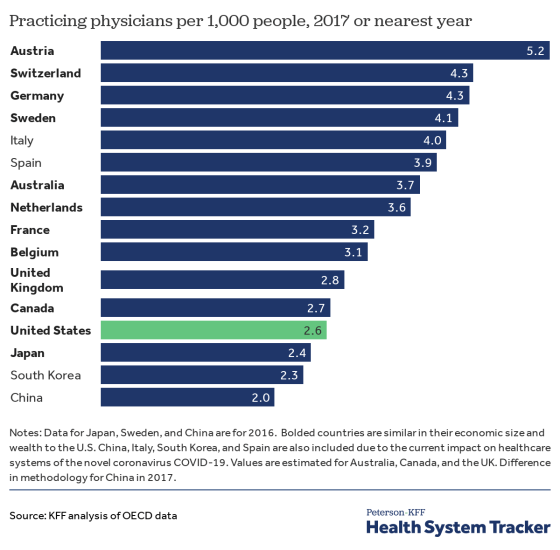- Joined
- Apr 29, 2013
- Messages
- 486
- Reaction score
- 693
- Points
- 5,806
- Resident [Any Field]
OrthoSC torpedoed residency program to maintain Myrtle Beach monopoly, lawsuit alleges
BY DAVID WEISSMAN UPDATED NOVEMBER 22, 2021 12:16 PM
A potentially prosperous orthopedic surgery residency program was shut down due to threats by a group of Myrtle Beach-area doctors who “did not want to be training their competition,” according to the former director of that program. Dr. Scott Duncan, a longtime orthopedic surgeon who was tasked with starting the graduate medical education program at Grand Strand Regional Medical Center, filed a lawsuit last week against his now-former employer and OrthoSC alleging illegal interference and civil conspiracy, among other claims. HCA Healthcare, the parent company of Grand Strand Regional Medical Center, recruited Duncan in 2017 from Boston, Massachusetts, where he was serving as chairman of the orthopedic surgery department for Boston Medical Center, to start and serve as director of a new residency program, the suit states.
But after OrthoSC was given a deadline to decide, one of its executive board members, Dr. Gene Massey, sent an email to the president of HCA’s Southeast Atlantic division threatening to pull all of their surgical cases from Grand Strand Regional Medical Center to one of their competitor’s hospitals if the residency program continued, Duncan alleges. “Massey also stated and represented to (the HCA division president) words to the effect that Defendant OrthoSC and its member doctors ‘did not want to be training their competition’ and that the GME program threatened Defendant OrthoSC’s monopoly in the relevant market in Myrtle Beach, Conway, and Murrells Inlet,” the complaint reads.
Read more at: https://www.myrtlebeachonline.com/news/local/article255930641.html#storylink=cpy
BY DAVID WEISSMAN UPDATED NOVEMBER 22, 2021 12:16 PM
A potentially prosperous orthopedic surgery residency program was shut down due to threats by a group of Myrtle Beach-area doctors who “did not want to be training their competition,” according to the former director of that program. Dr. Scott Duncan, a longtime orthopedic surgeon who was tasked with starting the graduate medical education program at Grand Strand Regional Medical Center, filed a lawsuit last week against his now-former employer and OrthoSC alleging illegal interference and civil conspiracy, among other claims. HCA Healthcare, the parent company of Grand Strand Regional Medical Center, recruited Duncan in 2017 from Boston, Massachusetts, where he was serving as chairman of the orthopedic surgery department for Boston Medical Center, to start and serve as director of a new residency program, the suit states.
But after OrthoSC was given a deadline to decide, one of its executive board members, Dr. Gene Massey, sent an email to the president of HCA’s Southeast Atlantic division threatening to pull all of their surgical cases from Grand Strand Regional Medical Center to one of their competitor’s hospitals if the residency program continued, Duncan alleges. “Massey also stated and represented to (the HCA division president) words to the effect that Defendant OrthoSC and its member doctors ‘did not want to be training their competition’ and that the GME program threatened Defendant OrthoSC’s monopoly in the relevant market in Myrtle Beach, Conway, and Murrells Inlet,” the complaint reads.
Read more at: https://www.myrtlebeachonline.com/news/local/article255930641.html#storylink=cpy

